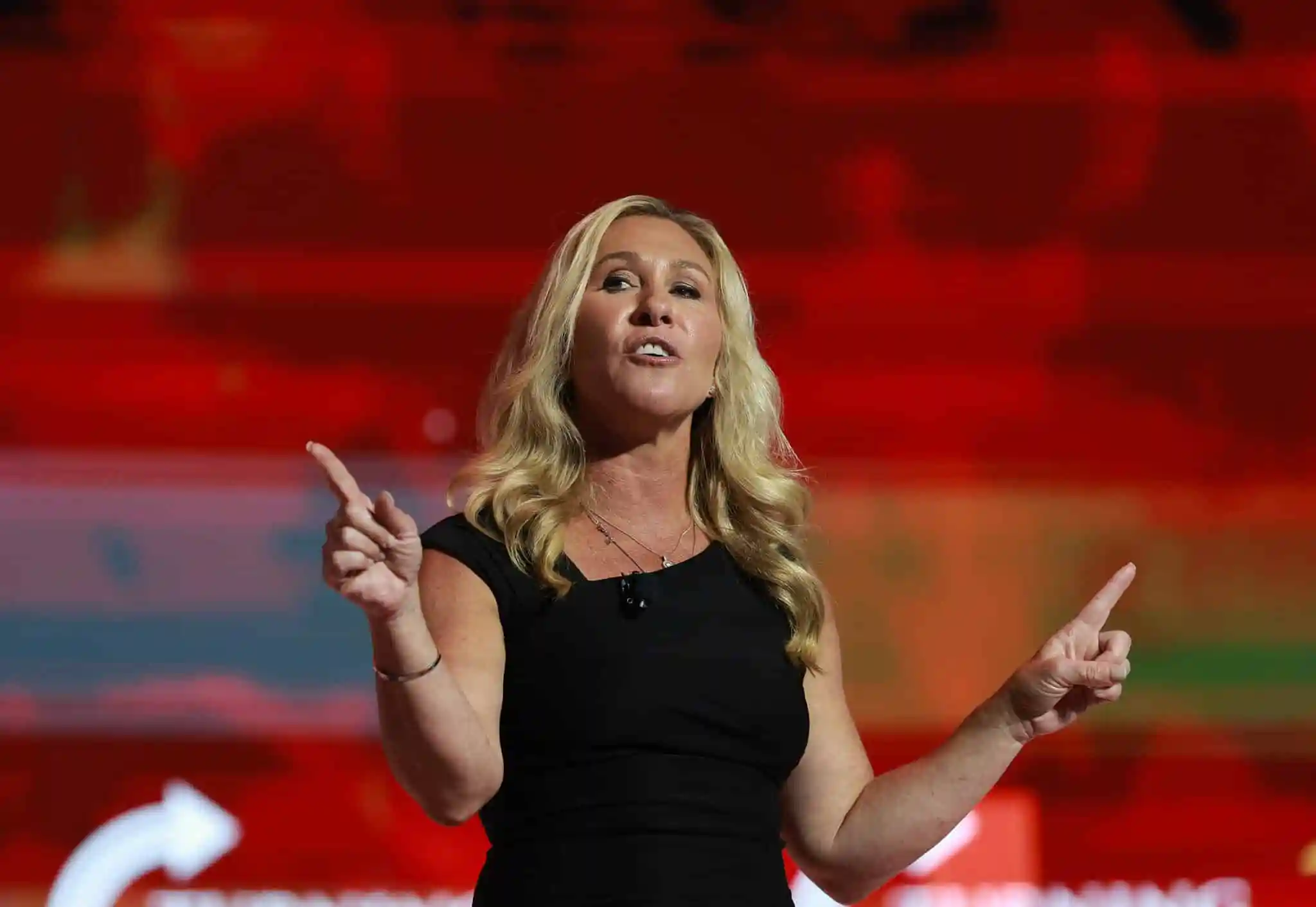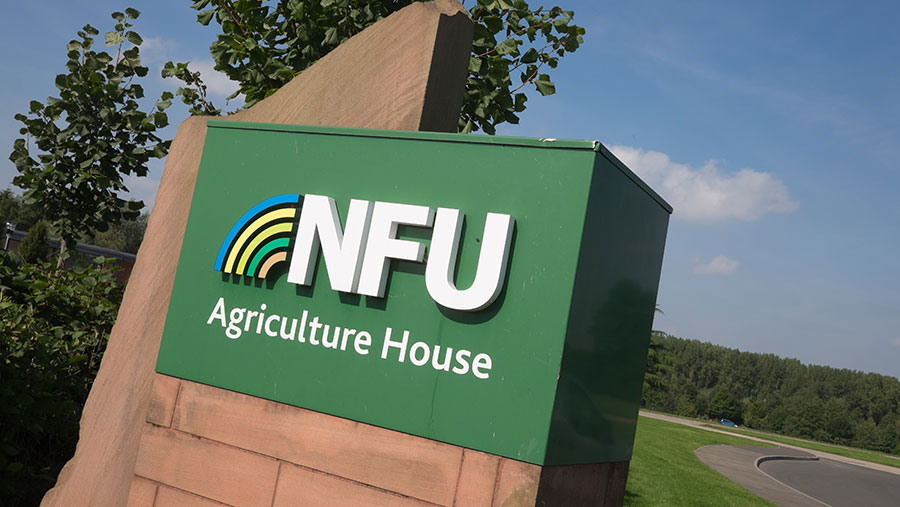[ad_1]
The insurance coverage and monetary sectors have an enormous quantity of energy to assist steer us in the direction of a greener future. What would occur if the billions of kilos which have gone in the direction of investing in, and underwriting, fossil gasoline tasks merely dried up?
With a finances near £8bn, the controversial growth of Canada’s 700-mile Trans Mountain oil pipeline was at all times going to be a dangerous proposition.
However in a be aware of bitter irony that hasn’t been misplaced on local weather activists, delays brought on by excessive climate, coupled with protests, the pandemic and supreme courtroom appeals, have despatched prices hovering to an estimated £13bn.
And the stark actuality is the challenge would by no means have left the drafting board – these 590,000 barrels of crude a day might need stayed within the floor – with out one essential failsafe underwriting its now spiralling threat: insurance coverage.
“These huge dangers can’t be taken except anyone says: ‘Yeah, it’s OK. We’ve acquired your again’,” says Lindsay Keenan, finance campaigner and European coordinator of Insure Our Future, a physique that advocates for the trade to cease insuring fossil fuels globally. “For those who’re insuring the brand new oil rig, the brand new pipeline, the present coalmine, you’re facilitating their existence. It’s that easy.”

Oil pipelines go nowhere except insurance coverage firms underwrite them. Picture: Mike Benna
For many of us, our understanding of the insurance coverage trade begins with chatting to a dealer – or ticking containers on a value comparability website – and ends in a tussle with the claims division when one thing goes improper.
However behind the CGI meerkats and cartoon English bulldogs is an trade with a worldwide funding pot of $35tn (£26.8tn) at its disposal.
It’s a well-worn adage that cash makes the world go spherical, and as insurance coverage firms each put money into in addition to underwrite fossil gasoline tasks, climate-savvy shoppers are waking up. They’re more and more realising that these corporations wield the collective clout to cease such tasks useless of their tracks.
The insurance coverage trade has extra potential than most to drive local weather motion
As a result of stopping the growth of fossil fuels is a brand new pink line in tackling local weather change. As UN secretary normal António Guterres put it, when the most recent IPCC report was printed in April: “Local weather activists are typically depicted as harmful radicals. However the really harmful radicals are the international locations which might be rising the manufacturing of fossil fuels. Investing in new fossil gasoline infrastructure is ethical and financial insanity.”
For as soon as, as Nick Oldridge – head of selling and sustainability at inexperienced insurance coverage dealer Naturesave – sees it, the local weather motion has a definite, unanimous situation that it’s nearly unimaginable to argue with. It could actually not be dismissed as an idealistic hope amongst local weather activists alone.
“We now get some actually looking questions from shoppers,” explains Oldridge. “They could be a minority at current, however they’re rising on a regular basis. It’s not sufficient to say that insurers are divesting of a few of their fossil gasoline property, or that they’ve stop coal, in the event that they’re nonetheless engaged in underwriting or investing in fossil gasoline growth. We’re seeing the start of a societal shift, which has recognized the insurance coverage trade as having extra potential than most to drive local weather motion.”

Persons are realising that the place they put their cash issues. Picture: Thought Catalog
Stress from activists has seen greater than a dozen insurers declare Trudeau’s pipeline dream too scorching to deal with, and few have the gall to again new coal tasks, however a mere 9 firms worldwide have ceased insuring new oil and fuel infrastructure.
And it hasn’t stopped them investing: three European insurers which might be typically ranked among the many most moral – Axa, Allianz and Aviva – have poured £4.3bn into North Sea oil and fuel since 2016 alone.
In the meantime Lloyd’s of London, the world’s greatest insurance coverage market, mentioned in 2020 it will ask its insurers to cease backing coal, oil and Arctic power by January this yr. It additionally dedicated to tug out altogether by 2030, solely to water down its guarantees lower than a yr after making the pledge.
The most recent report from the Intergovernmental Panel on Local weather Change signposted a number of the potential in divesting from fossil gasoline firms. Whereas inspired by progress on local weather motion, it signalled the necessity for speedy, widespread, systemic change to maintain the planet wherever near a 1.5C pathway, together with “main transitions within the power sector”.

Renewables are a far much less dangerous funding than fossil fuels, argue economists. Picture: Thomas Reaubourg
Nevertheless it additionally highlighted a yawning funding hole, with three to 6 occasions extra funding in renewables wanted by 2030 to restrict warming to beneath 2C.
“If you consider decarbonising your complete international economic system – and take a look at it positively – the listing of funding alternatives is big,” says Oldridge. “Renewables, electrification, adapting current infrastructure. These funding alternatives are far much less dangerous than fossil fuels, as they received’t grow to be stranded property.” [Stranded assets are those that suffer from unanticipated or premature write-downs or devaluations].
“Insurance coverage firms are getting on with it, however at their very own tempo, which quantities to defending ‘enterprise as typical’ as a precedence. The issue is, we’re quickly depleting our remaining carbon finances now: we should always have been doing this over a decade in the past.”
Keenan hints at a attainable future profit to shoppers of backing local weather acutely aware insurers: decrease premiums.
Renewables are far much less dangerous than fossil fuels tasks, as they received’t grow to be stranded property
Insurance coverage agency Swiss Re estimates the trade paid out $105bn (£80.4bn) in claims from excessive climate catastrophes final yr, with floods in Germany and Belgium marking the area’s costliest pure catastrophe in over half a century.
“On the identical time, reinsurers are seeing report earnings,” Keenan notes. “The place does all that cash come from? The reply’s fairly easy: it comes from you and me.
“All of us pay a bit of extra for every thing. They revenue from investing in, and insuring, fossil fuels. They know they trigger local weather catastrophes, and somewhat than dropping cash, they’re really benefiting from them. That’s a foul mixture.”
Oldridge factors to progress made in different monetary sectors in the direction of transparency and moral funding, and believes we needs to be holding insurers to account in the identical manner.

Stress from activists has helped cease some fossil gasoline tasks of their tracks. Picture: Mika Baumeister
The screenwriter Richard Curtis focused pensions by cofounding the Make My Cash Matter marketing campaign, which claims that ‘greening’ your retirement pot is 21 occasions simpler at shrinking your carbon footprint than the mixed impact of switching power suppliers and giving up planes and meat.
On the floor at the very least, the desire for change seems to be there amongst some insurers.
Allianz administration board member Günther Thallinger chairs the UN-convened Web-Zero Asset Proprietor Alliance, whose 71 members are dedicated to shifting their asset portfolios – price a mixed $10tn (£7.67tn) – to net-zero emissions by 2050.
In a latest dialog with the environmentalist Invoice McKibben, Thallinger trumpeted the ‘superiority’ of an economic system based mostly on renewables. “The query is, how you can kickstart the acceleration wanted for this transformation?” he contemplated.
If you consider decarbonising your complete international economic system, the listing of funding alternatives is big
Oldridge might need the reply, and it boils down to a different outdated saying: ‘cash talks’.
“That is the trade you’re paying to guard you from future threat,” he says. “They take that cash, they usually make investments it within the very factor that’s going to destroy your credible future.
“Traditionally, it’s a mannequin that labored completely properly, till the science proved in any other case. Now it’s time for the general public to name upon their insurers, to make use of their unparalleled affect to tug the plug on new fossil fuels.
“Neglect worrying about how a lot recycling you might be doing, sending a message to the boardrooms of the insurance coverage trade could have a far better impression.”
Most important pictures: iStock
[ad_2]
Source link















